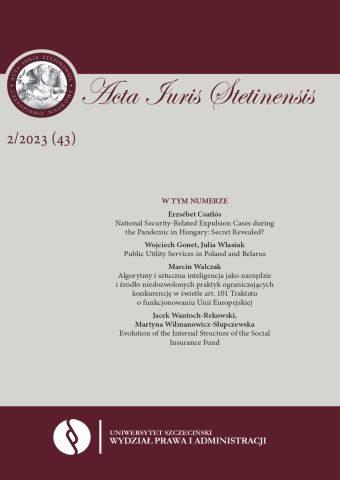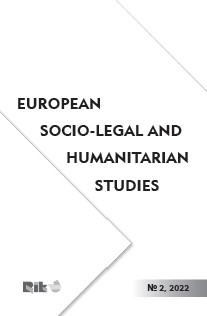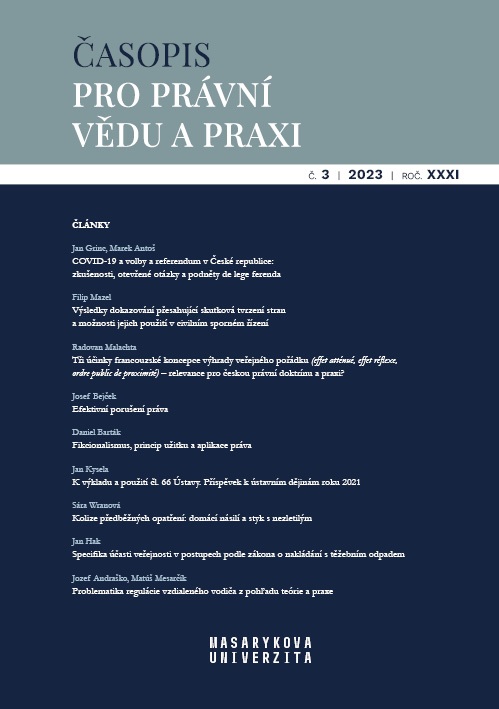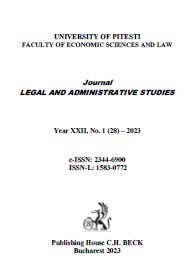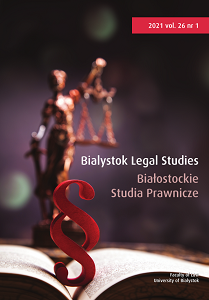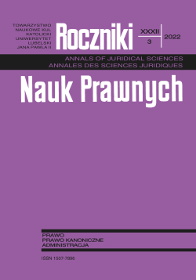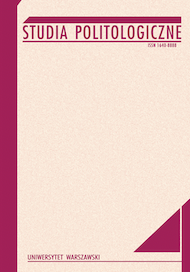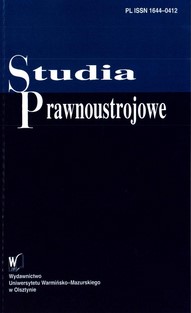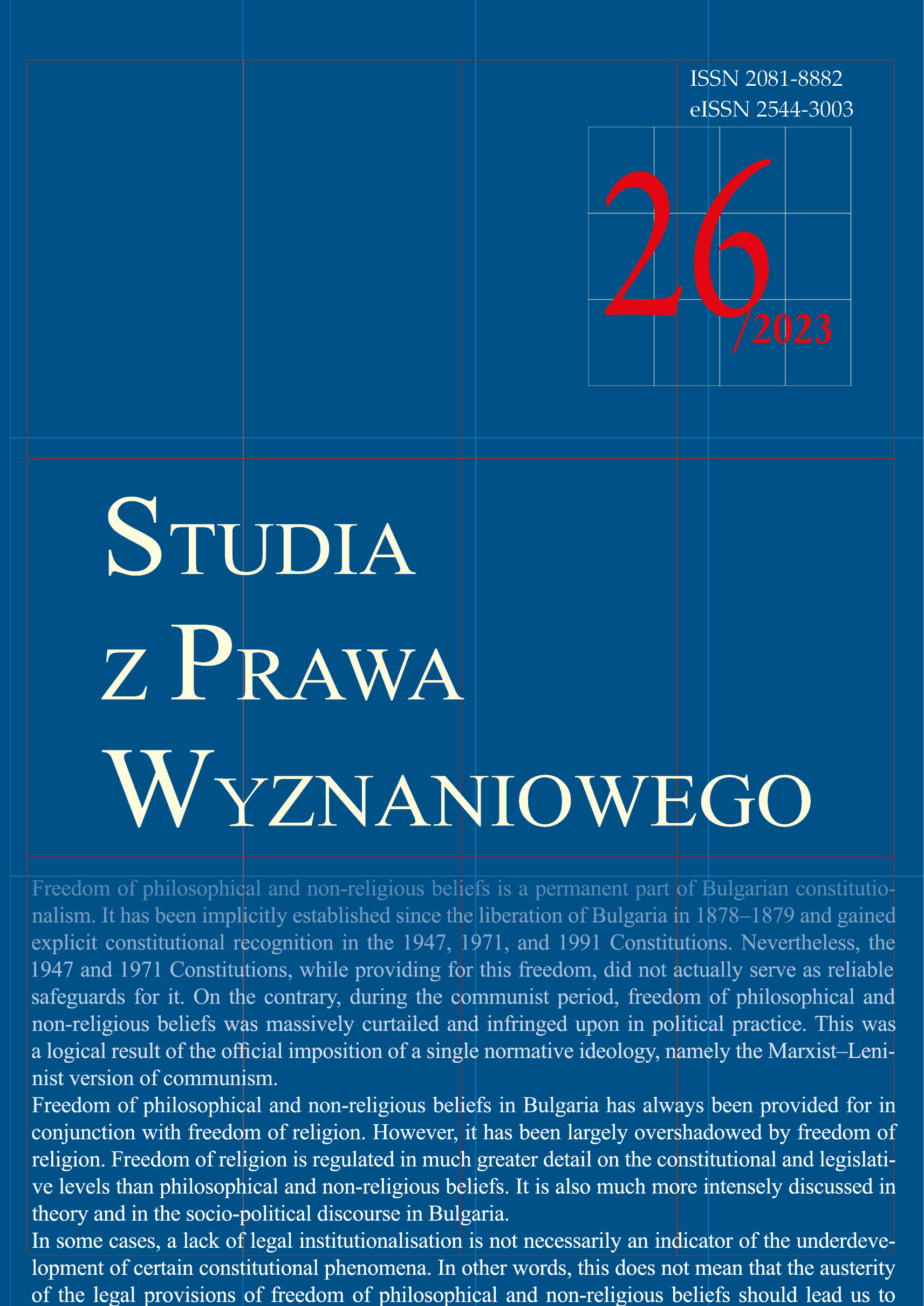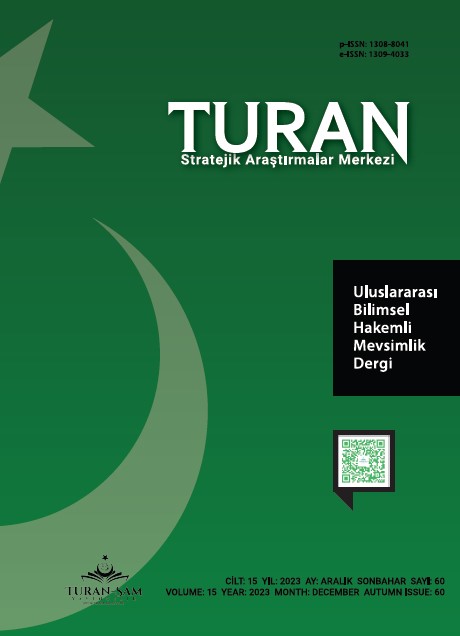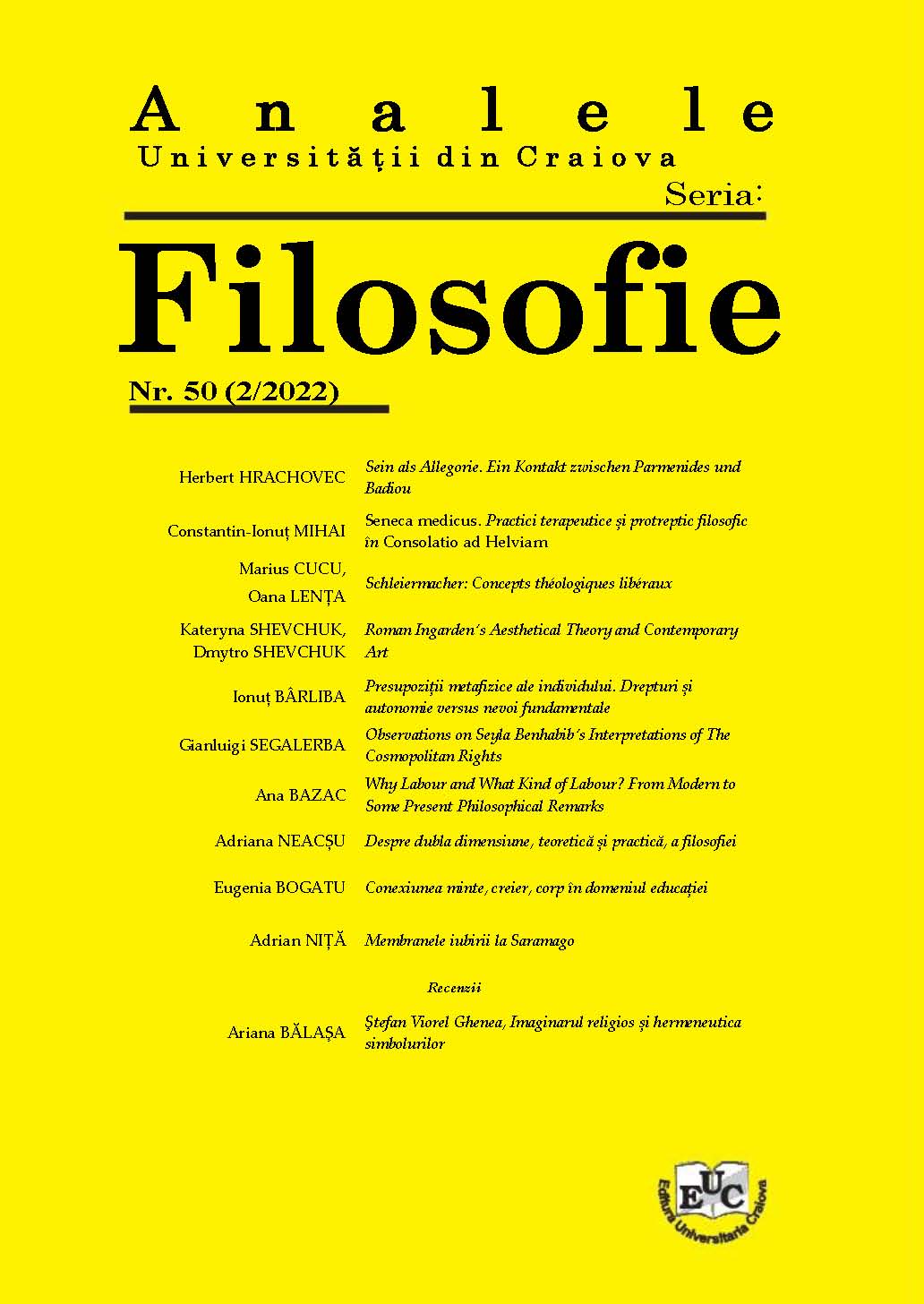
OBSERVATIONS ON SEYLA BENHABIB’S INTERPRETATIONS OF THE COSMOPOLITAN RIGHTS
My essay is dedicated to the analysis of aspects of Benhabib’s interpretations of the birth of cosmopolitan rights. The expression “the right to have rights” is contained in different works of Seyla Benhabib: it refers, in the thought of Benhabib, to the birth of a new constellation of human rights. This new constellation of human rights consists in the claim, which every individual may raise, to be acknowledged and protected as a person by the world community. In Benhabib’s view, rights and the interpretation of rights have profoundly changed after and thanks to the different covenants and conventions signed by the countries belonging to the world community for the protection of human rights: this process of transformation of the interpretation of human rights began with the Universal Declaration of Human Rights of 1948. The new dimension of human rights is a cosmopolitan one: it is not merely a national dimension. This new dimension overcomes the dimension of particular countries; it promotes, and, at the same time, it calls for the creation of new juridical spaces. Through this new dimension, moreover, individuals are no longer seen as being only citizens of a particular country: individuals are elevated, thanks to the new dimension of the rights, to the condition of world citizens possessing rights which are independent of their belonging to a particular country. Cosmopolitan norms create a new universe of values, of juridical meanings and of social relationships that did not exist at all before the creation of these norms. Seyla Benhabib has expressed the birth of the new constellation of rights in many of her works such as, for instance, The Rights of Others. Aliens, Residents and Citizens, Another Cosmopolitanism. With Commentaries by J. Waldron, B. Honig, W. Kymlicka, and Dignity in Adversity. Human Rights in Troubled Times. The new dimension of rights directly (that is, without the mediation of a particular country) connects every individual to the world community: the right dimension does not depend on a particular country and it is not limited to the validity it possesses within a particular country. The authority that corresponds to and is responsible for, at least, some rights of the individuals is the world community. The right of men qua men, that is, the rights independent of a determined citizenship and not coinciding with a determined citizenship emerge gradually, even though this process is steadily being affected by backlashes. As covenants and conventions signed by the countries of the world community, Benhabib mentions the United Nations Convention on the Prevention and Punishment of the Crime of Genocide (adopted by the United Nations General Assembly on 9 December 1948); the Convention Relating to the Status of Refugees (approved on 28 July 1951); the International Convention on the Elimination of All Forms of Racial Discrimination – ICERD – (adopted by the United Nations General Assembly on 21 December 1965); the International Covenant on Civil and Political Rights – ICCPR – (adopted by the United Nations General Assembly on 16 December 1966); the International Covenant on Economic, Social and Cultural Rights – ICESCR – (adopted by United Nations General Assembly on 16 December 1966); the Convention on the Elimination of all Forms of Discrimination Against Women – CEDAW – (adopted by the United Nations General Assembly in 1979); the Convention Against Torture and Other Cruel, Inhuman or Degrading Treatment or Punishment – UNCAT – (adopted by the United Nations General Assembly on 10 December 1984). Within the new constellation of human rights, particular countries are being surpassed by the world community: particular countries do not represent the first and last authority for the acknowledgement of rights. Correspondingly, individuals possess determined rights qua human beings: to have certain rights does not depend on the individuals’ possession of a particular citizenship; to have rights depends on the fact that individuals belong to mankind. Anew dimension of the individuals comes about: individuals are not only citizens of a country; they are, first of all, human beings, and they have to be recognised as human beings.
More...
